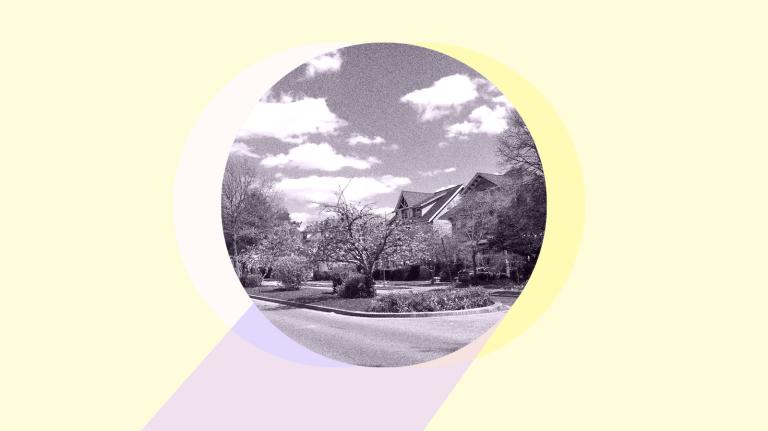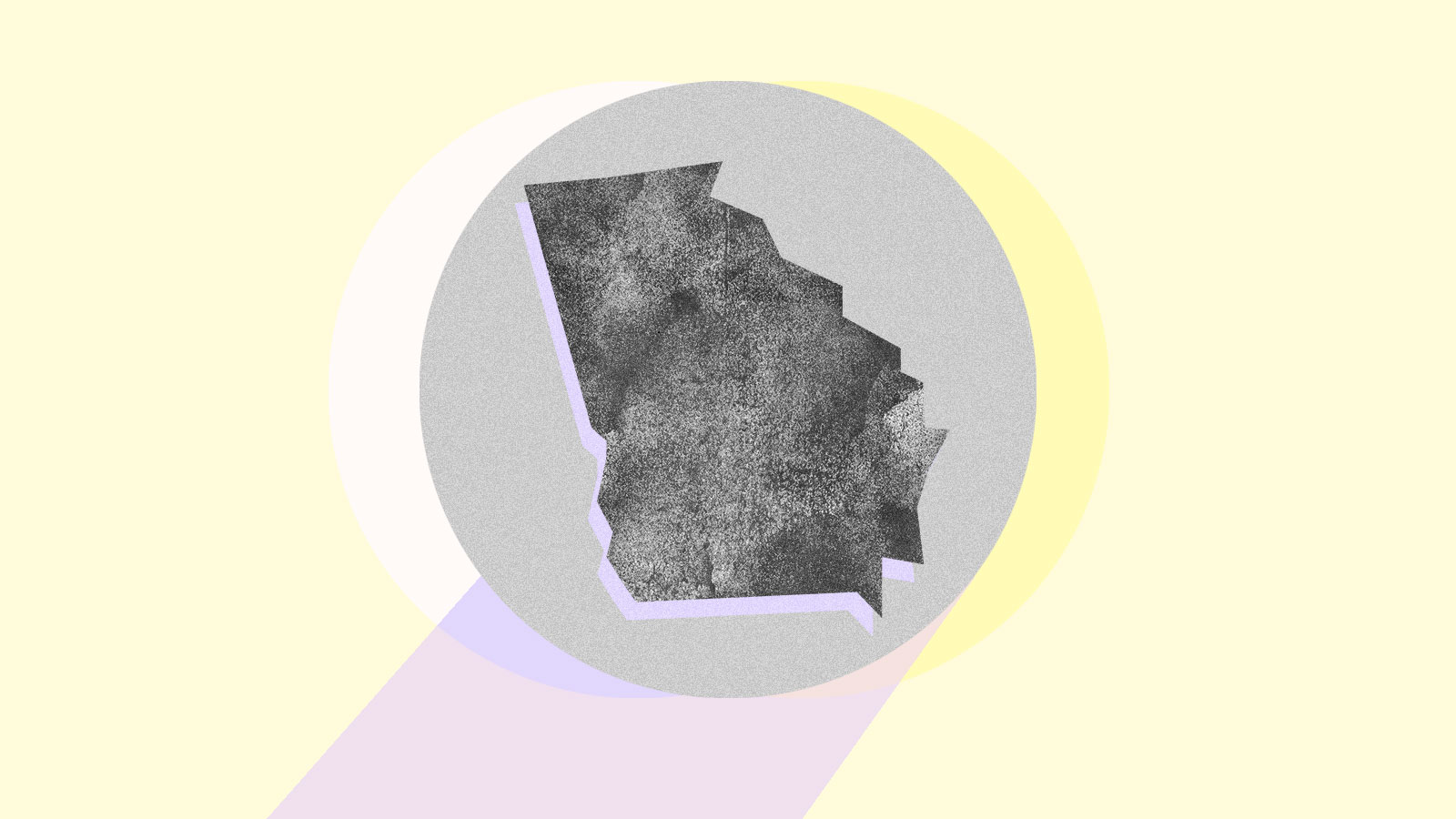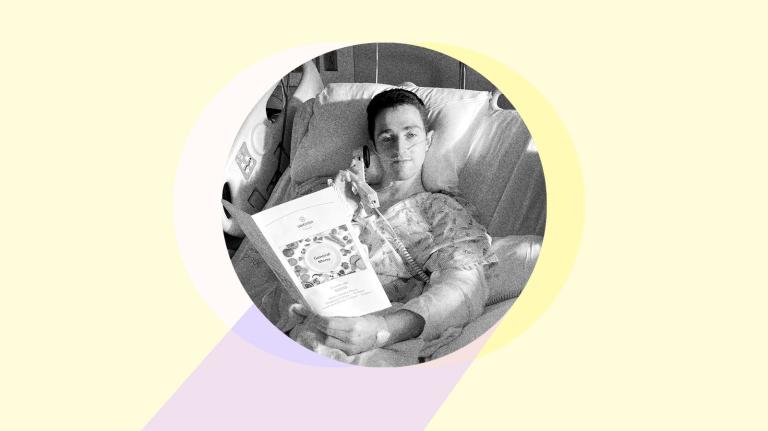This essay was first published in our semi-weekly newsletter, Climate in the Time of Coronavirus, which you can subscribe to here.
Greetings from coronavirus-be-damned Georgia, where, as of a week ago, you could once again have someone you don’t share a domicile with cut your hair, give you a manicure, spot you while you’re bench pressing, or cheer you on while you try to bowl a strike. As of Monday, you could even meet a date for dinner and a movie. And Friday morning, at the stroke of midnight, Governor Brian Kemp let the state’s shelter-in-place order expire for most of the its 10.6 million residents.
The state where I grew up, where I convinced my wife to raise our two children, is in the vanguard of ignoring scientists’ and public health officials’ warnings that it is not yet time to ease social distancing. As the child of a former epidemiologist at the Centers for Disease Control and Prevention — located just over 6 miles from Kemp’s mansion — I’m befuddled. My wife, who has spent most of her life in such progressive bastions as Portland, Berkeley, and Somerville, Massachusetts, is suddenly unsure she can continue living in this red state she’s grown to love.
Georgia was late to the shelter-in-place party. When Kemp finally announced the order on Wednesday, April 1, he claimed he was only doing so because he’d just learned that asymptomatic COVID-19-positive people could pass the disease to others. By that point, it was common knowledge — and should have been known by the leader of the country’s eighth-most populous state, which contains the nation’s top public health institution. Now he’s lifting restrictions in the state, despite the most widely-cited COVID-19 model’s prediction that Georgia will hit its peak in terms of hospital beds and ventilators needed today — and its recommendation that non-essential businesses in the state remain closed for another two months.
Kemp’s gambit forces people who run businesses like barbershops and nail salons — places where social distancing is at odds with customer service — to make perilous decisions between their lives and their livelihoods. It imperils black Georgians, who make up only a third of the state population but more than 50 percent of those who have died of COVID-19 in Georgia. For me, personally, Kemp’s decision likely extends the time that I’ll fear for my parents, who are both over 70 and have Type 2 diabetes. (My mom also suffers from heart disease.)
This is the kind of foolish, anti-science move that those of us who cover the climate emergency see with alarming frequency — like when governments allow new developments along shorelines that are almost certain to see massive sea-level rise in the coming years. What’s happening here is more similar to a city’s mayor refusing to order evacuations ahead of an incoming hurricane. People who have the means will leave anyway, but not everyone is so lucky.
While my family will continue to practice social distancing, work remotely, and limit our movements outside of our home, many of my neighbors who work in service industries may find themselves forced to risk their lives — they’re no longer eligible for unemployment now that our governor has given the all-clear for their businesses to reopen.
I hope this decision doesn’t result in a second disease peak. I hope this doesn’t mean the coronavirus will linger here longer than other parts of the nation — and keep those with underlying conditions fearful to leave their homes. And I hope that in a year’s time my family will still be happy to live here.




